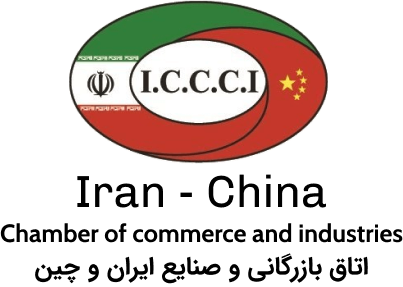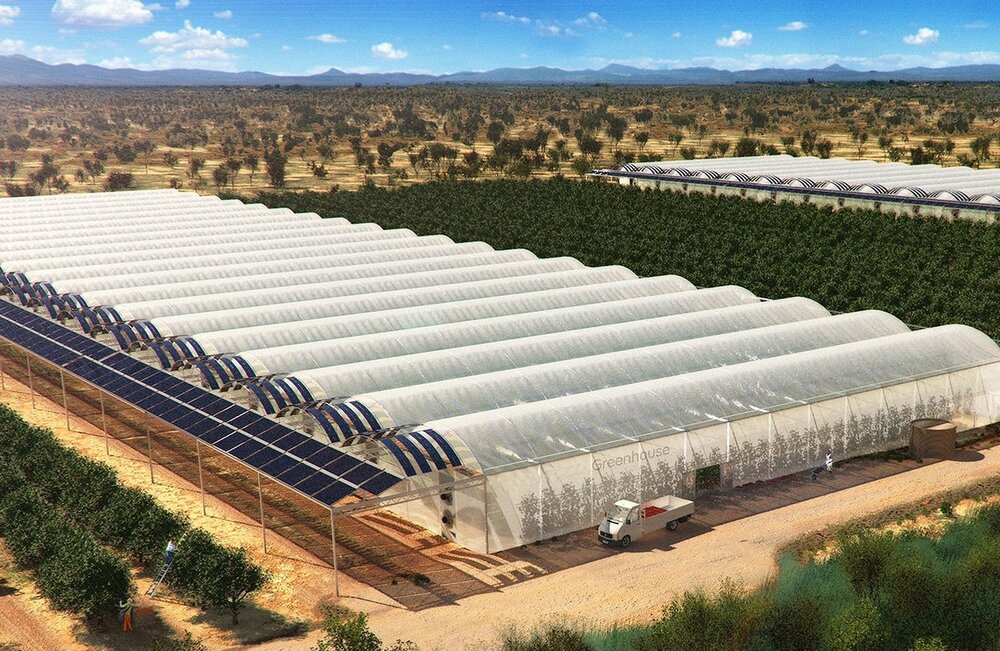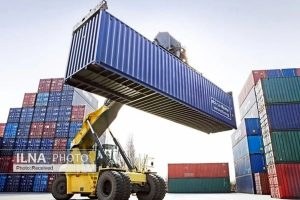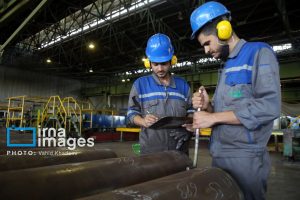The area under greenhouse cultivation has tripled in Hormozgan province, in the south of Iran, over the past six years, and reached 760 hectares from 250 hectares, Tasnim news agency reported.
One of the development capacities of Hormozgan, which can generate a lot of income for the country depending on the activation of economic diplomacy and accurate market regulation, is the greenhouse development, and in this due adding 5,000 hectares of greenhouses is part of the province’s vision, the report said.
Due to the climatic conditions of Hormozgan province, one of the necessities in the field of agriculture is to move toward new cultivation methods, and in this regard, development of greenhouse cultivation is very important because this type of cultivation is more productive than outdoor cultivation.
In recent years, the water crisis has caused serious challenges in Iran’s agriculture sector.
To solve this problem, several solutions, including the implementation of pressurized irrigation project and greenhouse cultivation, have been emphasized by experts and officials in this sector.
Iranian Agriculture Ministry’s Greenhouse Development Program is one of the priority projects of this ministry which aims at increasing productivity, efficiency, and water consumption management in the agriculture sector.
The program was approved in the Iranian calendar year 1395 (ended on March 20, 2017) under the framework of the National Resilient Economy Plan.
The development of the country’s agricultural parks and greenhouses not only is going to create new job opportunities but also increases the country’s non-oil exports and helps preserve the environment and the national water and soil resources.
In last August, Darioush Salempour, the director of the Agriculture Ministry’s Greenhouse Development Program, had mentioned the ministry’s plans for the modernization and renovation of the country’s traditional and old greenhouses, saying: “Our plan in the 10-year horizon is to improve and renovate more than 5,000 traditional, wooden and worn-out greenhouses across the country.”
“We have planned to renovate about 650 to 700 hectares of traditional and worn-out greenhouses each year,” he added.
Due to the growing need of the market for flowers and ornamental plants, as well as off-season vegetables and summer crops, greenhouse cultivation has become one of the most profitable agricultural sectors today.
Cultivation in the controlled space of the greenhouse will have an average of 10 times higher yield per unit area than outdoor cultivation due to suitable environmental conditions.
For example, in the case of cucumber, each square meter in the greenhouse will have a production capacity of 20 kilograms of cucumber, while compared to outdoor production, the production capacity of one square meter of arable land will be much lower and about two kilograms.
Significant reduction in water consumption in modern greenhouses is in fact the major advantage of greenhouse cultivation.
In greenhouse cultivation, due to the closed environment, water loss through various evaporation ways is greatly reduced. Also, through mechanized irrigation methods such as irrigation canvas and irrigation tape, water consumption is minimized.
Increased control over pests, weeds and diseases is the other advantage of greenhouse cultivation.
In greenhouse cultivation, due to accurate monitoring and control of pests and diseases, especially the use of biological control methods and a sharp reduction in the use of chemical pesticides, we will see an increase in product quality, that will lead to the popularity of the product in the market and increase export capability.
As a result, along with preserving the soil and environment, we will see good foreign currency income.
As announced by the director of the Agriculture Ministry’s Greenhouse Development Program, 3,200 hectares of greenhouses is targeted to be established in the country in the current Iranian calendar year (started on March 21).
Darioush Salempour said that according to the plans and coordination made with the agriculture departments of the provinces, 3,200 hectares of greenhouses will be created in the country, and 686 hectares will be improved and renovated this year.
Greenhouse development in each of the provinces will be done based on climatic conditions and capacities, infrastructure for access to facilities, manpower status, proximity to the target consumer market and export markets, population, development history and investment in this field, he further explained.
This year, based on the plans and also the mentioned factors, provinces such as Sistan-Baluchestan, Fars, Kerman (south of the province), Tehran, East Azarbaijan, Ardebil, Bushehr, Khorasan Razavi, Hormozgan, Yazd and Isfahan will be given priority in the development of greenhouses, the official added.





